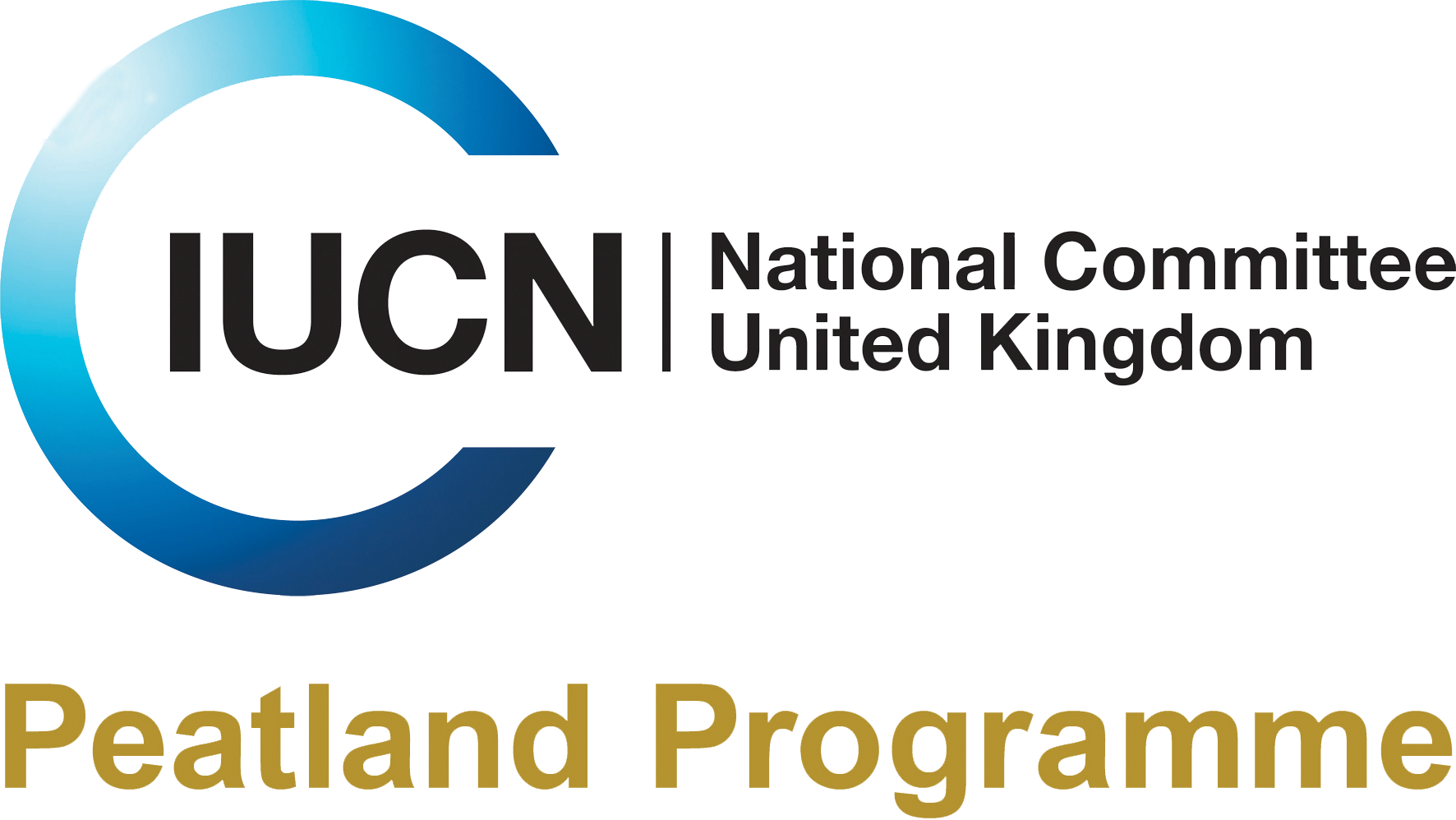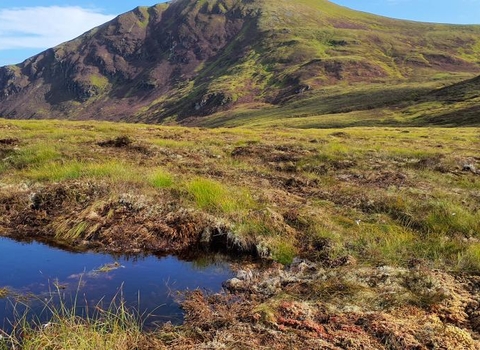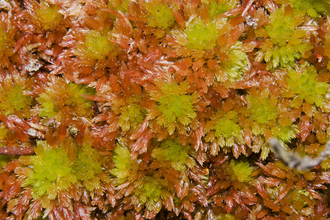
The Technical Advisory Board (TAB) provides technical oversight and recommendations to the Peatland Code Executive Board. The Technical Advisory Board will take into consideration any recommendation for change relevant to the Peatland Code. It has representatives from all four UK countries, encompassing policy and funding experts, individuals knowledgeable about peatlands and carbon markets, and validation verification bodies. Additionally, academics well-versed in greenhouse gases and carbon market dynamics are also a key part of the TAB.
Submissions for discussion and Secretariat duties please contact peatlandcode@iucn.org.uk.
Technical Advisory Board Meetings
2025
May 2025 Agenda: General update/Annual verification methodology/Peatland Code Buffer/ Mapping A.E Hag Gully 5
Key actions:
- Reflect on how both PC and the inventory are mapping the emissions and determine whether the net calculations are coming to the same conclusion.
- Review the scientific literature to see what the drainage impact of Actively Eroding Hagg gully versus Flat bare
September 2025 Agenda: Minutes and actions from last TAB, General updates, Wildfires before and during a PC project, Missed areas during restoration and Verification methodology
Key actions:
- TAB members and PC team to continue discussion on classifying/defining Wildfire severity how would it will be included in the code.
TAB members and PC team to continue conversation on missed areas of restoration found at restoration validation. - PC team to have guidance for the inclusion of drone and 360 aerials for the next TAB.
Agreed:
- Aerials and 360 camara’s have potential to be important component for verifications but should be an option and not mandatory.
2024
February Agenda: General Update/Risk Buffer Guidance Update/FIRNS Biodiversity Crediting Project/Version 2.1 of the Peatland Code
Key Actions and Agreements
Version 2.1: TAB are supportive of version 2.1 release and have no objections to the proposed timeline.
June Agenda: General Update/V2.1 Consultation Feedback/Methane Emissions Calculations in Fens/Water Table measurements in Fens.
Key Actions and Agreements
- Reducing minimum peat depth for Fens.
- Reversal move from 75% of assessment units to 90% to become verified.
- Risk buffer to change from 15% to 20%.
- Longer site survey recommended.
- Dipwells to replace rust rods in the Field Protocol for Fens
November Agenda: General updates /Version 2.1 of the Peatland Code /Version update process/AOB
Key Actions and Agreements
- Update meeting
- TAB agreed with the approach to publish minor changes and delay the release of V2.1 for winter 2024/25
2023
August Agenda:
General Update/Version 2 of the Peatland Code Amendments/Future Developments of the Peatland Code.
November Agenda:
General Update/Evidencing deep peat /Drainage buffer around water bodies/High Winter Water table fens.
Key Actions and Agreements
- Drainage Buffer - 30 metres buffer has been adopted as we're basing it on the other buffer area for ditch blocking. No rewetting credits in this buffer, but revegetation credits can be generated in this exclusion zone
- High Winter Water table fens: TAB members will look at CO2 and Methane mean water table, possibly building into the calculator the expected methane emission from monthly mean water tables data.
Technical Advisory Board Members
Peatland Code Technical Advisory Board (TAB) members shall be appointed via a selection process carried out by the Peatland Code Manager and agreed by the Executive Board. Appointments are for a period of three years and subject to renewal. The TAB members shall be representative of the range of Peatland Code stakeholders and scientific experts. Any TAB members with a direct economic interest will not be part of the TAB but are welcome to engage as a member of the market and investment forum.
Members of the Peatland Code Executive Board will automatically also be members of the TAB.
Any potential conflicts of interest shall be stated by the members of the TAB and managed according to the ICUN UK Peatland Programme Conflict of Interest Policy. The TAB shall be facilitated and supported by the staff of the IUCN UK Peatland Programme.
Peatland Code Staff
- Emma Hinchliffe (Chair)
- Harriet Santon (Secretariat)
- Renée Kerkvliet-Hermans (Peatland Code Manager)
- Garance Wood-Moulin (Peatland Code Development Lead)
- Euan Casey
Government and Government Agencies
-
Ben Dipper, Scottish Government
-
Peter Phillips, Scottish Government
-
Kate Dowen, Scottish Government
-
Patrick Jean-Martel, NatureScot
-
Ian McKee, NatureScot
-
Judith Stuart, Defra
-
Sophie Chapman, Defra
-
Katharine Birdsall, Environment Agency
-
Steve Clarke, Nature for Climate Peatland Grant Scheme
-
Rhoswen Leonard, National Resources Wales
-
Peter Jones, National Resources Wales
-
Eimear Reeve, DAERA Northern Ireland
Academia/Research
-
Chris Evans, Centre for Ecology and Hydrology
-
Richard Lindsay, University of East London/IUCN UK Peatland Programme
-
Rebekka Artz, James Hutton Institute
-
Hans Joosten, Universität Greifswald
-
John Couwenberg, Universität Greifswald
Carbon Market Experts
-
Pat Snowden, Forestry Commission - Woodland Carbon Code
-
Vicky West, Forestry Commission - Woodland Carbon Code
-
Ian Dickie, Eftec
-
Andrew Moxey, Pareto Consulting
-
Helen Avery, Green Finance Institute
-
James Dalton, IUCN
Accreditation Bodies
Gillian Manniex, (UKAS)
Validation/Verifier Bodies
-
Stephen Clarkson, (Organic Farmers & Growers)
-
Andy Grundy, (Soil Association Certification Ltd)
-
Sarah Erbanova, (SAC Consulting)




